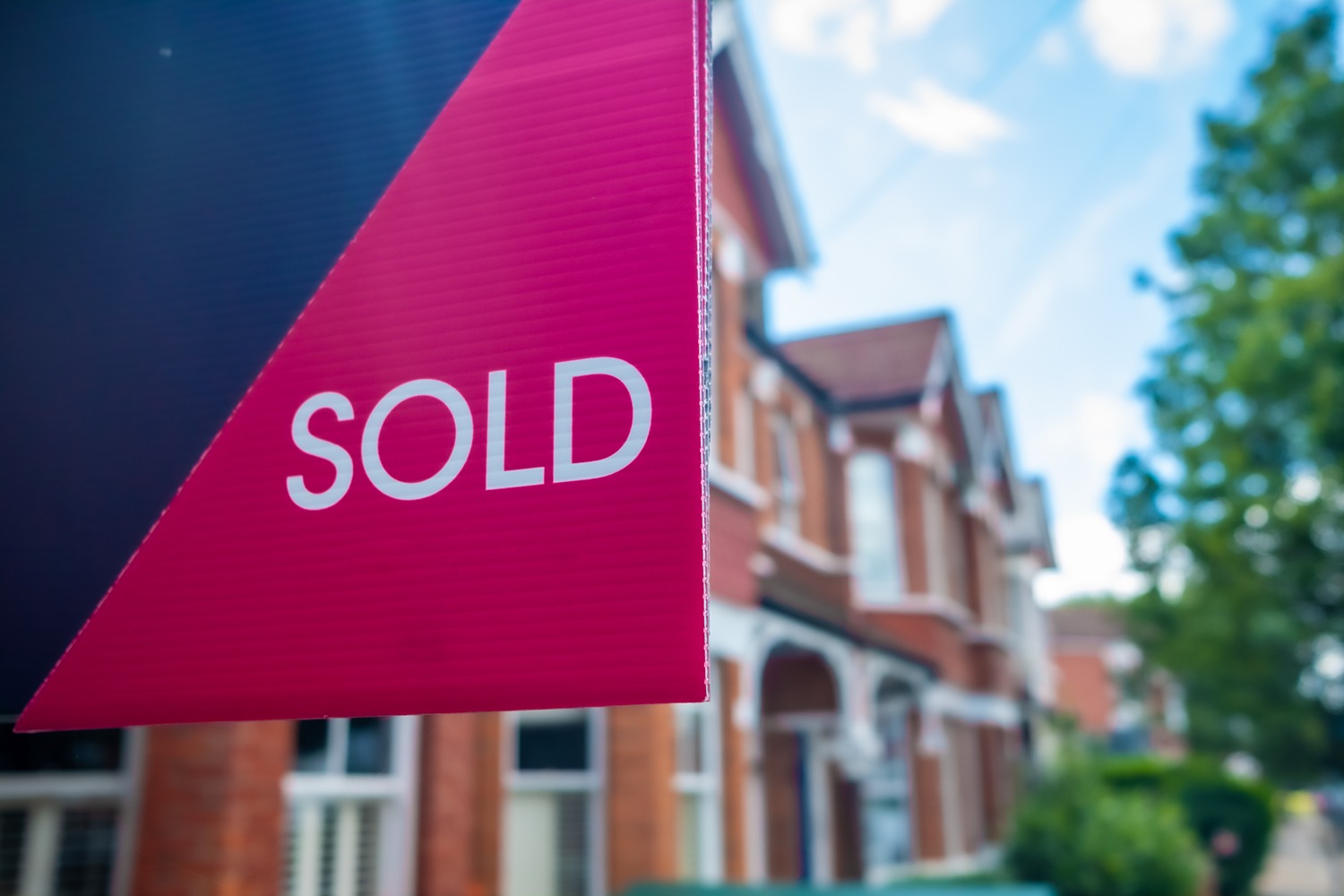Mortgage Types
What is a mortgage?
A mortgage is a loan from a bank or a building society towards the total cost of the property you want to buy. It makes up the rest of the payment after the deposit and is paid via monthly instalments.
How much can I borrow?
How much you can borrow depends on your deposit and the monthly mortgage payments. The bank usually asks for a deposit between 5% and 40%.


How much do I pay each month?
Your monthly mortgage payments depend on the value and type of mortgage, the term’s length and the interest rate. The bigger your deposit, the smaller the monthly payments.
How much interest do I pay?
The interest rate depends on your mortgage’s interest rate. The higher your deposit, the lower your interest rate and vice versa. You pay interest on top of your loan each month.
What is a standard variable rate?
The standard variable rate (SVR) is the interest rate your mortgage lender sets. After your tracker, fixed or discount mortgage deal is over, you may want to switch to an SVR mortgage unless you decide to remortgage.Should I use a broker or go the bank myself?
Using a broker isn’t mandatory, but it’s usually recommended. They know the market and lenders better and can advise on the best deal for your unique circumstance. They can also improve your chances of being accepted for a mortgage.
If you’re looking for a mortgage, L&C is the UK’s leading mortgage broker. And it’s cost-free!

What are the main types of mortgages?
There are many types of mortgages to choose from. Below we dive into the main ones and their pros and cons.
- Fixed-rate mortgages
- Variable-rate mortgages
- Discount mortgages
- Tracker-rate mortgages
Fixed-rate mortgages
| Pros | Cons |
| Your monthly payments and rate will stay the same, regardless of what happens in the broader market. | If interest rates drop, you may end up paying more than you would on a variable-rate deal. |
Variable-rate mortgages
Variable rates are usually between 1.5% and 3.5% above the Bank of England’s base rate.
| Pros | Cons |
| You can cancel the mortgage at any time. | The rate is usually higher and can change at any time. |
Discount mortgages
| Pros | Cons |
| Your rate will stay below your lender’s SVR throughout the deal. | Your lender could change the SVR at any time, meaning your rate could get higher. |
Tracker-rate mortgages
| Pros | Cons |
| Your mortgage rate is only affected by the Bank of England’s base rate, not your lender’s. If it goes down, your rate will usually drop too. | You won’t know how much your monthly repayments will be throughout the deal. |
Other types of mortgages
- Capped rate
- Interest-only
- Cashback mortgage
- Offset mortgage
- Joint mortgage




